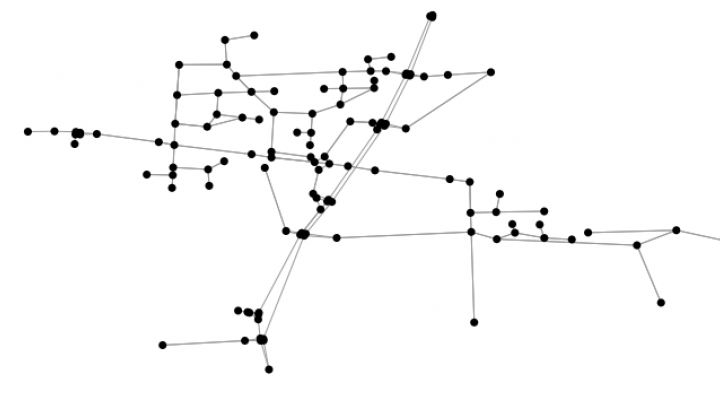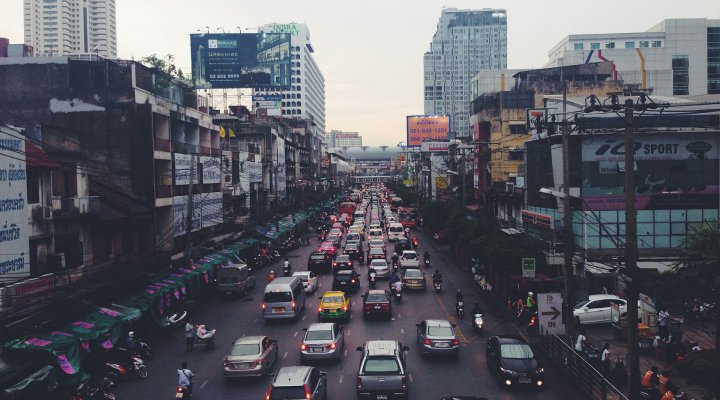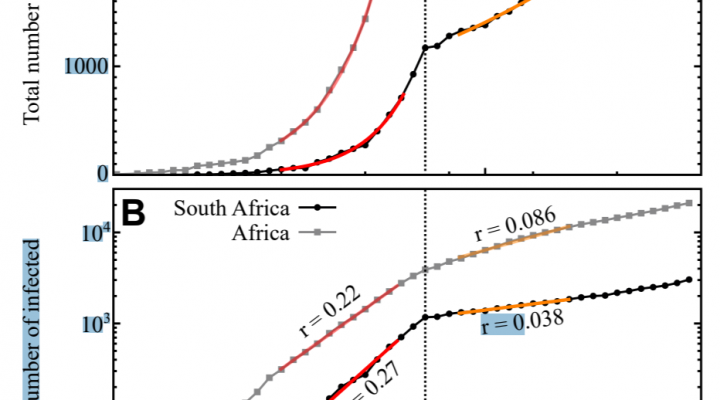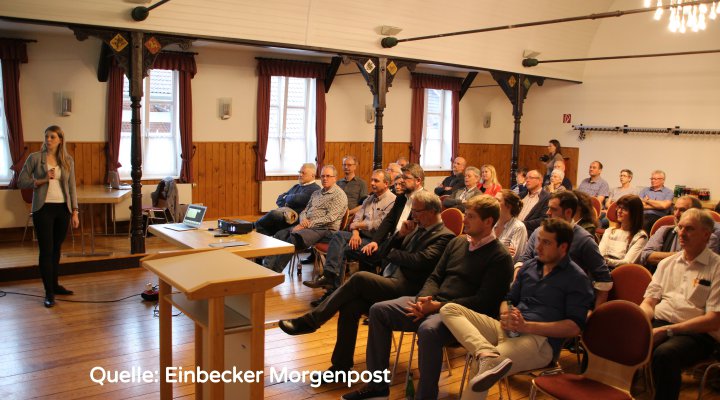Publications
Published
Lahner, J., Schlüter, J. C., & Sörensen, L. (2019). Digitalisierung im ÖPNV: vom Rufbus zu einem intelligenten nachfrageorientierten System im ländlichen Raum. Neues Archiv für Niedersachsen, II/2019, 178-191. doi:10.5771/9783529096112-178
Schlüter, J. C., Frewer, M., Sörensen, L., & Coetzee, J. (2020). A stochastic prediction of minibus taxi driver behaviour in South Africa. Humanities and Social Sciences Communications, 7: 13. doi:10.1057/s41599-020-0508-2
Schlüter, J. C., Simons, J., Sörensen, L., & Coetzee, J. (2021). Optimierung von Minibustaxiverkehren in Südafrika unter Einbindung von Geoinformationssystemen, Standort 45, 96–101.
doi:10.1007/s00548-020-00694-3
Sörensen, L., Bossert, A., Jokinen, J. P., & Schlüter, J. (2020). How much flexibility does rural public transport need?–Implications from a fully flexible DRT system. Transport Policy, 100, 5-20. doi:10.1016/j.tranpol.2020.09.005
Schlüter, J. C., Sörensen, L., Bossert, A., Kersting, M., Staab, W., & Wacker, B. (2021). Anticipating the impact of COVID19 and comorbidities on the South African healthcare system by agent-based simulations. Scientific Reports, 11(1), 1-9.
doi.org/10.1038/s41598-021-86580-w
Baier, M. J., Sörensen, L., & Schlüter, J. C. (2024). How successful is my DRT system? A review of different parameters to consider when developing flexible public transport systems. Transport Policy, 159, 130-142. doi:10.1016/j.tranpol.2024.09.006
Inpress
Kersting, M., Bossert, A., Sörensen, L., Wacker, B., & Schlüter, J. C. (2021). Predicting effectiveness of countermeasures during the COVID-19 outbreak in South Africa using agent-based simulation. Humanities and Social Sciences Communications, 8(1), 1-15.
doi:10.1057/s41599-021-00830-w
Submitted
Schöller, G., Sörensen, L. & Schlüter, J. C. (06/2020). Socially-optimal public transport operations in a developing country.
submitted@Transport Policy
Sörensen, L., & Schlüter, J. (2021). How do contract types and incentives influence driver behavior?− An analysis of the Kigali bus network. Humanities and Social Sciences Communications, 8(1), 1-11. doi:10.1057/s41599-021-00896-6
v. Rosenberg, V. H. I., Sörensen, L., & Schlüter, J. C., The Role of the Paratransit Sector in the Public Transport Systems of Latin American Cities
Books & Technical Reports
Technical Report 1: Transportanalyse zur Implementierung eines intelligenten Demand Responsive Transport Systems im ländlichen Raum
Technical Report 2: Transportanalyse zur Implementierung eines intelligenten Demand Responsive Transport Systems im ländlichen Raum
Technical Report: Machbarkeitstudie zur Ansiedlung von Hochtechnologien in Schleswig-Holstein.
Jokinen, J.-P., Sörensen, L., Schlüter, J. C. (2021), Public transport in low density areas. In: Vickerman, Roger (eds.) International Encyclopedia of Transportation. vol. 1, pp. 589-595. UK: Elsevier Ltd. doi:10.1016/B978-0-08-102671-7.10628-1
Teaching
Projects Involved
Research fields involved
Transport
Strengthening public transport is an essential contribution to the mobility turnaround. Digitalization enables a better understanding between supply and demand.
Technology Economics
Economic development also depends heavily on the regions` capacity for innovation. Individual technologies or the interaction of various technology players creates an environment in which disruptive technologies trigger structural disruptions.








